Remembering Ed Schein
Ed Schein died January 26, 2023 at the age of 94. Here are some pearls of wisdom he once shared with me as part of my research.
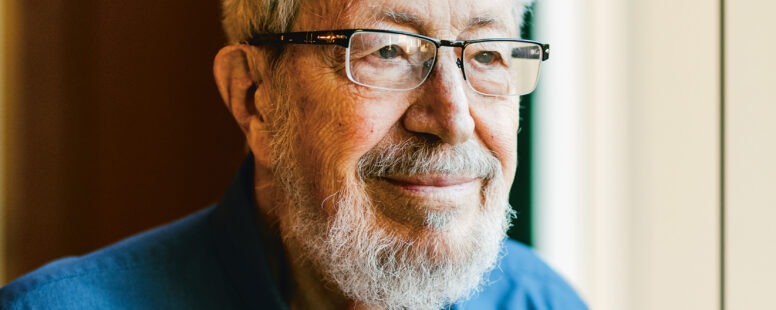
Ed Schein died January 26, 2023 at the age of 94. Here are some pearls of wisdom he once shared with me as part of my research.

Use this list to reflect on your experiences in coaching, recognize behaviors that may reduce your impact, and to make any necessary adjustments.
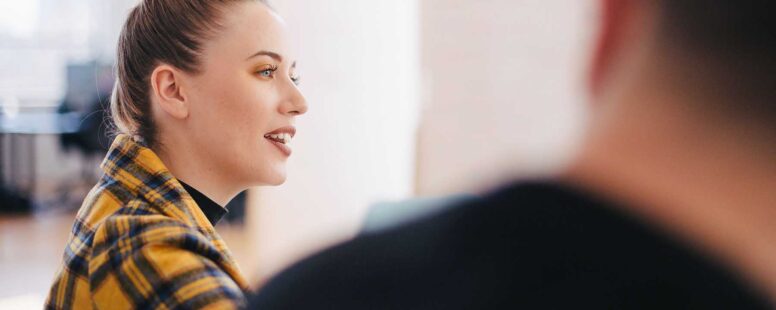
One challenge coaches face is shifting their own mindsets and behaviors. Try these 9 questions before responding to your client’s statements and responses.

I’m frequently asked to offer guidance on becoming a successful graduate student. Here are 12 tips that I offer to prospective students.

Recently, I asked LinkedIn followers to share their recommendations for high impact books. Here are the top responses I received.
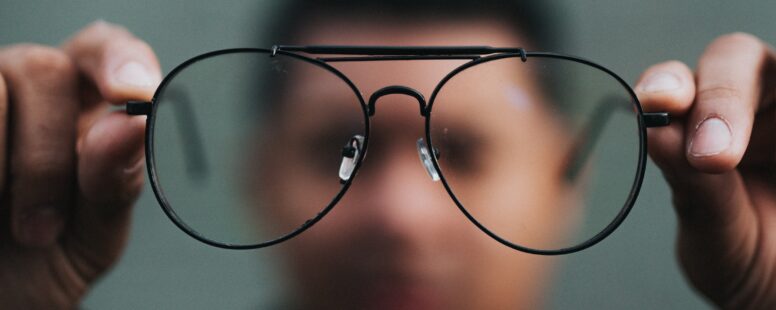
“Knowledge is only power if knowledge is put to the struggle for power. Changing minds is not a movement. Critiquing racism is not activism. Changing minds is not activism. An activist produces power and policy change, not mental change. If a person has no record of power or policy change, then that person is not an activist.” Kendi, 2019, How to
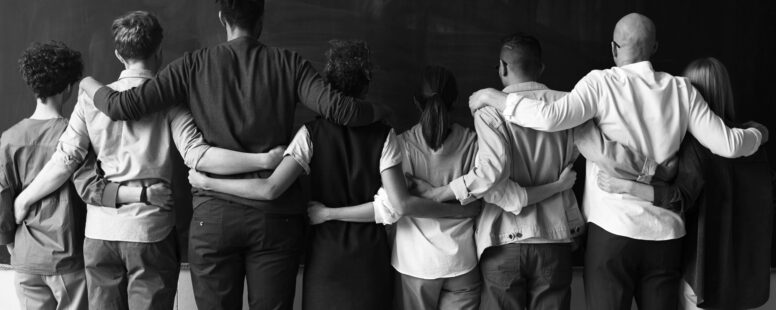
Diversity, equity, inclusion and justice are not new. The challenges of each have been present since (dare I say) the beginning of time. Thank goodness, that today there is a heightened awareness of the need to consciously, intentionally and proactively work to be inclusive, appreciate and leverage diversity, practice equity, and seek justice. Many social identities—e.g., race, gender, sexual orientation, religion,

Are you paying attention to what’s happening? Through my own work with coaching clients, and with students who are developing a coaching mindset and skillset, I’ve noticed some reflections that, when explored and reframed, can lead to powerful lessons and impactful shifts. Whether you are an experienced, professional coach or a manager-coach, paying attention to your thoughts and reactions has the ultimate potential for new insights and further development. Below is a chart
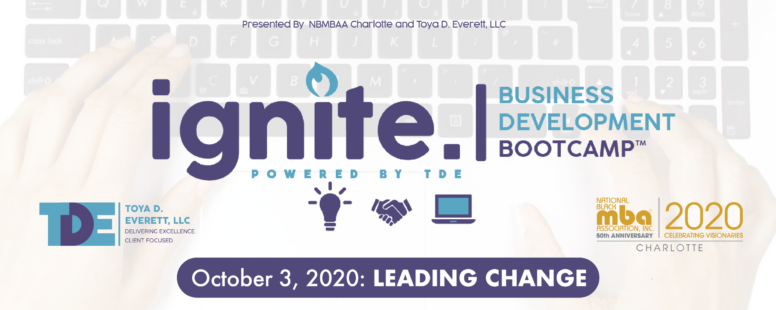
I’m excited to present “Leading Change” at the Ignite Business Development Bootcamp™ for Small Businesses on October 3, 2020. As a result of COVID-19 business owners have been forced to change how they do business. During this interactive session, you will gain a deeper understanding of change leadership, and work through a change you’re currently leading or planning to lead.